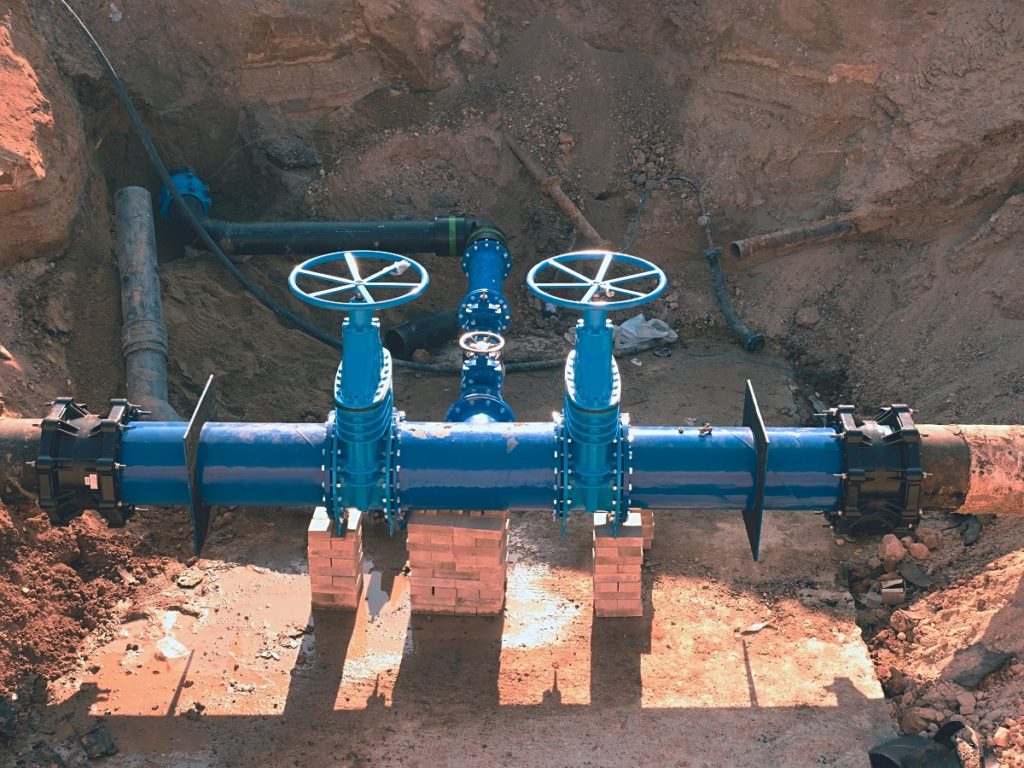Treating wastewater is essential to the well-being of many cities today. Without the proper operation of wastewater treatment plants, the effects of dirty human water on the environment can have a devastating effect on how our lives are run.
However, wastewater facilities aren’t immune to hiccups in their operation – either by their operation or bylaws that they need to follow. Here, we talk about three of the most common challenges that wastewater treatment plants go through and how to solve them.
1. Lack Of Qualified Personnel
Staffing shortages are an ever-present problem that almost all wastewater treatment plants will encounter. In addition, to need more manpower when there’s more material to process than usual, plants will also need expert staff that can accurately maintain equipment, check for damage, and implement sustainability practices.
Fortunately, there are several ways of solving this issue – either by partnering with local government units for assistance, training staff, or improving operations management. With the technology available to us today, it’s possible for most jobs around the plant to be automated, reducing the need for physical staff and human error.
2. Land Allocation

The footprint of most wastewater treatment plants can vary based on the flow rate that they have to process per day – and with the boom of housing and urban development, there’s a need to either expand or be more efficient at doing more with less space.
In this regard, facilities will need to upgrade their existing tech to more advanced models that can boost the output and efficiency of the plant. This can be done by either increasing biomass concentration for processing, or the addition of materials that can enable biofilm detachment.
3. Energy Consumption
Finally, the biggest issue facing most wastewater treatment plants is the energy requirement needed to keep the facility running. These facilities often consume terawatts of power depending on their size, and given that cities are growing bigger all the time, they are continually facing the prospect of sharing the power grid or slowing operations.
In this case, many experts including Grundfos Online say that getting better equipment such a and applying more advanced filtering processes can help divert energy costs and make operations become more efficient. Improvements in chemical treatment processes can also go a long way into reducing a plant’s use of power.
Properly identifying these areas can be as simple as conducting regular spot checks to forming closer working relationships with the local government. As essential parts of a city’s well-being, wastewater treatment plants require significant investment to work well, but can more than make up its operational costs by vastly improving the environment around it.
The challenges facing wastewater treatment plans may not necessarily stop with the solution of those three problems, but they can go a long way to ensuring a long and reliable operational lifespan. With so much of our modern way of life hinging on the safe consumption and recycling of our waste, solving these challenges are not only a way for us to maintain our standards but improve them as well.

